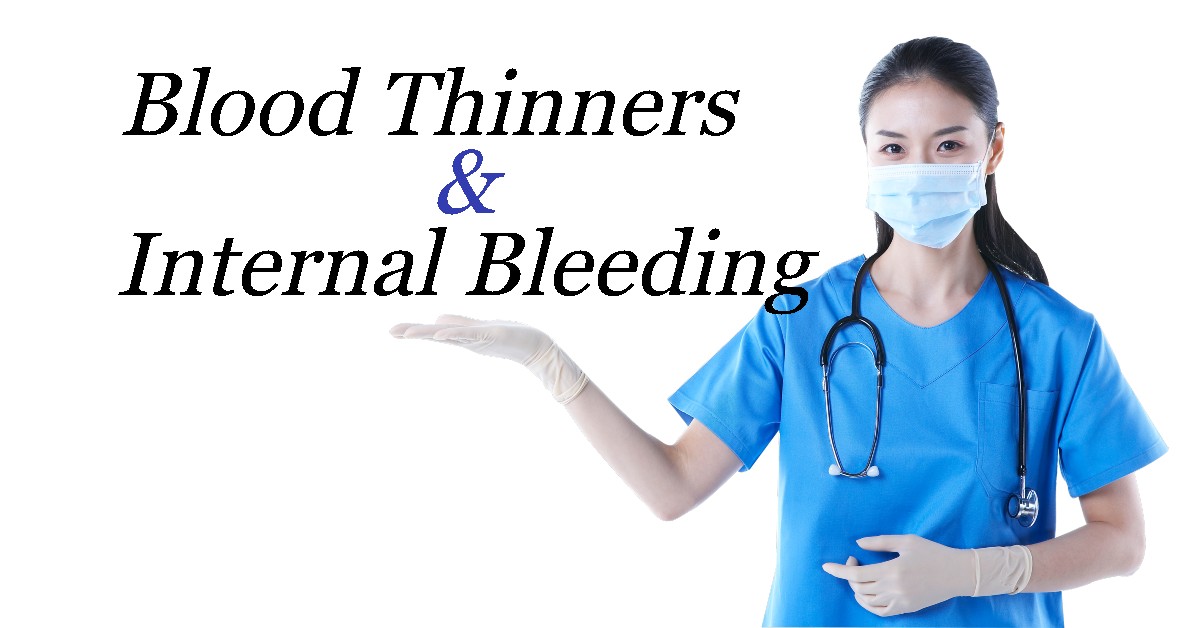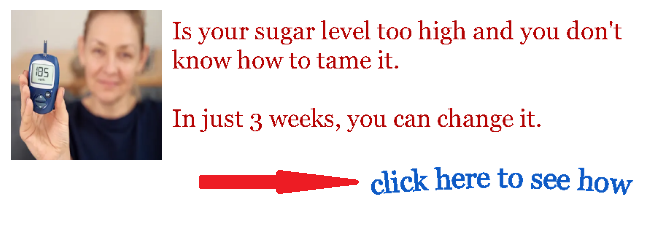As with any medication, there are the risk for side effects and complications. Although rare, there is always the chance of blood thinners causing internal bleeding. But the question is how to stop internal bleeding from blood thinners.
Internal bleeding and its causes
How do you know you have internal bleeding? There are many signs and symptoms that can alert you to the fact that you might have internal bleeding. Some of these signs include passing blood in your urine, passing blood during a bowel movement or having black faces, noticing severe bruising with no known cause, nosebleeds that lasts for longer than ten minutes, vomiting blood, coughing up blood, sudden and severe back pain, difficulty breathing, severe chest pain, and extreme heavy bleeding during a woman’s period or any other bleeding from the vagina. But these are only symptoms that you may experience at home in your daily life.
Internal bleeding is rare to occur without an outside cause. Therefore you should seek immediate medical attention if you are involved in an accident, if you experience a significant blow to the head, if you experience a blow to the stomach, or if you are unable to stop a bleed of any sort, such as from a nick or cut from a knife.
But these are outside causes that may cause internal bleeding. What about internal bleeding that is simply a side effect from the blood thinning medication that you are taking? Let us take a couple of side effects that may lead to internal bleeding.
Internal bleeding as a side effect
One of the side effects is diarrhoea, where your body excretes food and water at an alarming rate. Diarrhoea in itself can be caused by several different factors, such as inflammatory bowel disease, dysentery, and colon polyps. All three of these can cause bleeding, as the intestines becomes inflamed, and may even cause internal bleeding stemming from the intestines.
The same happens when you become constipated, which is another common side effect of taking blood thinning medication. When you become constipated, there are different types of constipation. There is normal transit constipation, where you may experience abdominal bloating and pain. Then there is slow transit constipation, where the normal stimulation of the bowels are not experienced.
This stimulation is also called peristalsis. This causes the food that you eat to move through the digestive tract slower than normal, which makes it take longer for you to empty your bowels. Then we have secondary constipation, which is the most common with taking blood thinning medication. With secondary constipation you may find yourself straining to have a bowel movement, and this can create piles. With the cluster of veins inside and surrounding the rectum and anal canal swollen and inflamed, it is easy for one of these veins to burst and cause internal bleeding.
Indigestion, or dyspepsia, affects many people across the globe. Unfortunately the possibility of having indigestion whilst taking blood thinning medication goes up. But here is the problem; the acid that your stomach produces can burn through the protective lining of the stomach, the top part of the intestine, or the oesophagus. All of this may cause internal bleeding. There are also factors that increases this risk, which includes the consumption of alcohol, smoking, eating heavy meals, eating fatty foods, eating too fast, and stress.
How to stop internal bleeding from blood thinners
Now that we know what causes internal bleeding, how do we stop it from happening? Do we wrap ourselves in bubble wrap and live off of water for the rest of our lives? No. You can still live a full and happy life even if you are on blood thinning medication. The key is to communicate with your doctor, who will guide you on how to keep your risks at a minimum. Of course your doctor will want to know about any side effects that you may be experiencing, so that steps can be taken in time to prevent the problem from becoming worse or life-threatening.
While you are on blood thinning medication, there will obviously have to be a couple of changes necessary in your lifestyle. If you think about what causes possible blood clots, then that should give you a clear indication to what you should be avoiding while on blood thinning medication. Therefore, if you’re a smoker, it might be a good time to give up the cigarettes for good. Not only because you are on blood thinning medication, but for your overall health.
Secondly, you may want to cut back on your alcohol consumption. Since alcohol contains ethanol, it is a toxic chemical that works as a diuretic, which causes the body to dehydrate quicker. This is why people drink more, because they become thirsty as they drink. Although limited amounts of alcohol may be consumed, keeping a bottle of water close by is a good idea.
Another lifestyle change you will have to make peace with is the way you eat and what you eat. Doctors will often prescribe a visit to the dietician to help you work out a healthy eating plan that will best serve you during the time that you are taking blood thinning medication. This is also beneficial for when you stop taking blood thinning medication.
What happens when you stop taking blood thinners?
Many people only take blood thinning medication for a set period of time, and does not need to be on the medication for the rest of their life. This is often the case when a person has gone for a certain surgery where there might have been the danger of a clot forming. But herein lies the biggest mistake that many people make. They stop taking the medicine cold turkey, which can have detrimental effects.
When looking at a medication such as Xarelto, it is reported that one of the biggest potential side effects of stopping the medication immediately, is that it may lead to the forming of a clot, which in turn may lead to a stroke. It is therefore extremely important to go through the weaning process with your doctor. They will closely monitor you and send you for the necessary blood tests to make sure that your blood thickness returns to normal, and does not clot unnaturally. You are effectively going through a medical detox, which means that the medication needs to be lessened slowly.
The difference between Xarelto, which is a NOAC drug, and a DOAC drug such as Warfarin, is the time that it takes to be weaned off of it. Many factors come into play as well, such as your diet, your liver function, and other medications you may be taking. All of this needs to be taken into consideration when you are being weaned off of your blood thinning medication.
But is it safe to stop taking blood thinning medication?
Many people become dependent on the medication, and are placed at a higher risk when they decide it is time to come off the drug. This is especially true for patients with irregular heartbeats. For these patients, blood thinners are probably going to be a drug they need to take for the rest of their life.
A common misconception is that blood thinning medication completely stops your body from being able to clot blood. As clotting is an important function in the body, the blood thinning medications simply reduces the risk of life-threatening clots that may cause a stroke or a pulmonary embolism. Acceptable clotting is the type of clotting that needs to occur if you cut or nick yourself, or if you have a nosebleed. These are the type of everyday bleeds where you need your blood to be able to clot sufficiently. Under more serious circumstances such as if you were involved in an accident, during and after surgery, and during medical procedures such as you would find at a dentist, it is also very important for your blood to clot sufficiently. If you are on blood thinning medication, these things can become dangerous and even life-threatening.
Getting off blood thinning medications
While blood thinning medication needs time for you to wean of off it, there is also the blood thinner they give you intravenously, called anticoagulants. This type of blood thinning medication is easier for you to be weaned off, and easy to monitor since you are in a medically controlled environment. With any type of pill that you need to be weaned off of, prepare yourself for several trips to the doctor as they monitor your blood. The clotting that they are concerned about is the type that occurs inside your veins, where cells become solid clumps that then travel through your bloodstream to dangerous destinations.
This is also simply the only function of blood thinners; to keep your blood from forming such clots, and slowing the growth of existing ones. Blood thinning medication does not stop clots from forming, it simply lowers the risk of that happening. So by weaning you off of the blood thinning medication is to simply monitor your blood that it is clotting naturally and not creating large clumps of cells. Once they have established that your blood is doing its job correctly, you can start living a life without blood thinning medication. It would be smart, however, to keep the lifestyle changes in place, so that you don’t end up back at square one.
If you are interested to find out food affects our blood condition you can watch my tests in a natural blood thinners post or Hematic food youtube channel.


